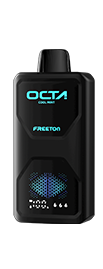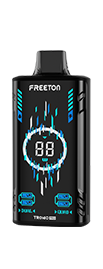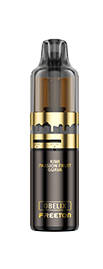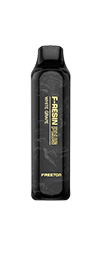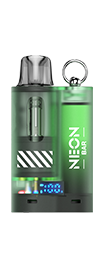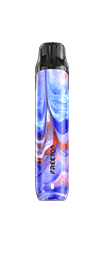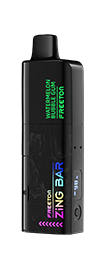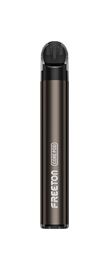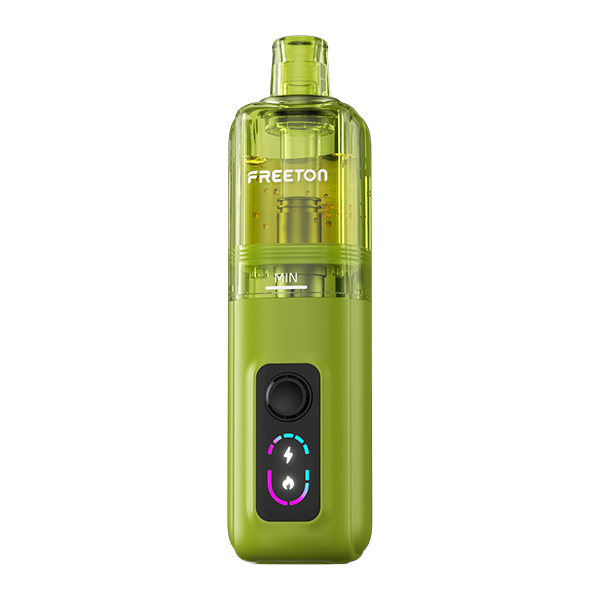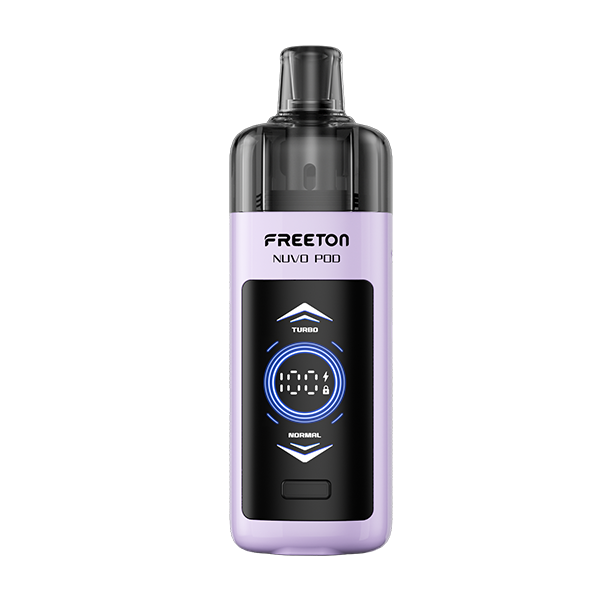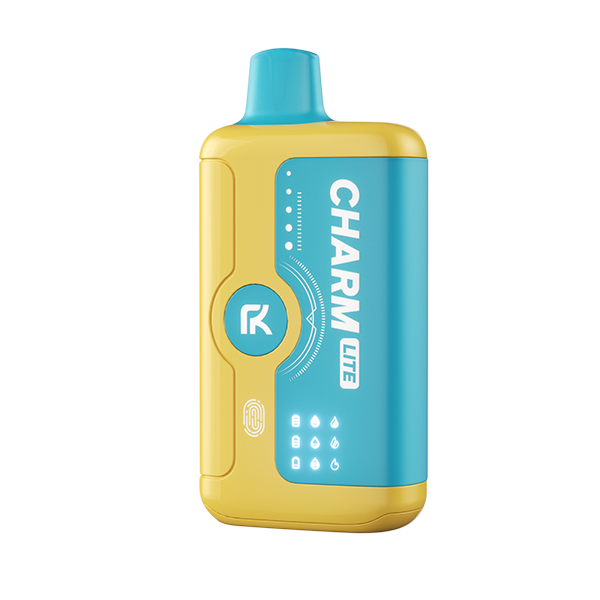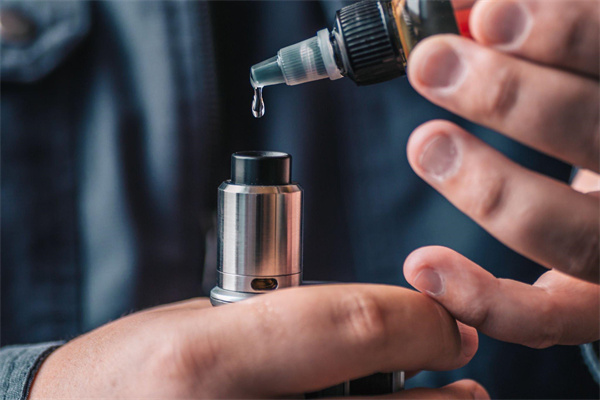
introduction Does Juul Cause Cancer? Juul has become a household name in the vaping industry. It has grown in popularity over the last several years, and its use has increased. But with the increased popularity has come increased scrutiny. Recently, the question has been raised as to whether Juul causes cancer. This blog will explore […]
introduction

Does Juul Cause Cancer?
Juul has become a household name in the vaping industry. It has grown in popularity over the last several years, and its use has increased. But with the increased popularity has come increased scrutiny. Recently, the question has been raised as to whether Juul causes cancer. This blog will explore the research and attempt to answer this critical question.
Overview of Juul
Juul is an electronic cigarette device developed by the Juul Labs company. It is an e-cigarette popular among young adults, teens, and minors. It utilizes nicotine salt e-liquid and an atomizer to produce vapor. While Juul does not contain the same harmful chemicals found in traditional cigarettes, the nicotine levels in Juul products are still high, making it a potent source of nicotine.
What is Juul?
Juul is an electronic cigarette device that provides a safer alternative to traditional cigarettes. It delivers nicotine through a liquid solution that is heated and inhaled. Juul is easy to use, and its sleek design makes it appealing to young people. The device is powered by a rechargeable battery and is available in various flavors.
Juul Usage
Juul has become very popular among young people, particularly teens, and adults. According to the Centers for Disease Control and Prevention (CDC), more than one-third of students in grades six through twelve have used Juul at some point. Additionally, many teens use Juul to obtain nicotine without their parent's knowledge. This has raised concerns about the potential health risks associated with Juul use.
Does Juul Cause Cancer?
The short answer is that it is still too early to answer this question definitively. Research is ongoing, and more studies are needed to determine whether Juul use can lead to cancer. However, some preliminary research has suggested that Juul could potentially increase certain cancer risks.
For instance, a study published in 2019 found that exposure to Juul vapor was associated with several genetic changes in lung cells that could potentially increase cancer risk. Additionally, the study found that Juul vapor was associated with higher levels of DNA damage than regular cigarette smoke.
Another study published in 2020 found that Juul was associated with an increased risk of bladder cancer in mice. However, the study did not look at the effects of Juul on human health, so the findings are inconclusive.
Conclusion
At this point, there is not enough evidence to definitively answer whether Juul causes cancer. While some research has suggested that Juul use could increase certain cancer risks, more research is needed before any definitive conclusions can be reached. Until then, practicing caution and avoiding Juul use is essential.
research on juul & cancer

The use of e-cigarettes, or vaping, has become increasingly popular in recent years, especially among young people. A major manufacturer of such devices is Juul, which has been the subject of much debate and research due to the potential health risks associated with its use. One of the primary questions of this research is whether Juul's use increases the chances of developing cancer.
Juul & Cancer Risk Factors
Regarding Juul and cancer, there are a few important risk factors to consider. The first is the primary ingredient of Juul pods. Juul pods contain nicotine, which has been linked to increased cancer risk. Nicotine is a known carcinogen and can lead to the development of various types of cancer, including lung and throat cancer.
The second risk factor is the presence of formaldehyde, another known carcinogen, in the vapor produced by Juul devices. Formaldehyde is a known irritant and can irritate the throat and lungs. It has also been linked to an increased risk of developing certain types of cancer, including leukemia and throat and lung cancer.
Finally, the chemicals used to flavor Juul pods have also been linked to increased cancer risk. Most Juul pods contain propylene glycol and glycerin, which are linked to increased cancer risk.
Research Studies on Juul & Cancer
Recent research has shed light on the potential link between Juul and cancer. For example, a 2019 study published in Tobacco Control found that individuals who had used Juul in the past year were more likely to develop lung cancer. The study also found that the risk of developing cancer was exceptionally high for those who had vaped for five or more years.
The study also found that the risk of developing cancer was higher in those who vaped more frequently and those who used flavored Juul pods. However, it is essential to note that the study could not show a direct causal relationship between Juul use and cancer.
Another study published in the journal Pediatrics found that Juul use was associated with an increased risk of developing certain types of cancer, including throat and lung cancer. The study also found that the risk of developing cancer was higher in those who used Juul pods with higher nicotine levels.
Possible Long-Term Effects
The research on Juul and cancer is still in its early stages, and more research is needed to determine the exact link between Juul use and cancer. However, some evidence suggests that long-term Juul use could increase the risk of developing certain types of cancer.
For example, a 2020 study published in Cancer Epidemiology, Biomarkers & Prevention found a link between long-term Juul use and an increased risk of developing lung cancer. This risk was exceptionally high for those who had vaped for five or more years.
It is important to note that more research is needed to determine the exact link between Juul and cancer and the long-term effects of Juul use. In the meantime, it is essential to remember that Juul is not a safe alternative to smoking, as it contains many chemicals and carcinogens. Therefore, it is necessary to be aware of the potential risks associated with Juul use and to consider quitting if you are concerned about your health.
conclusion
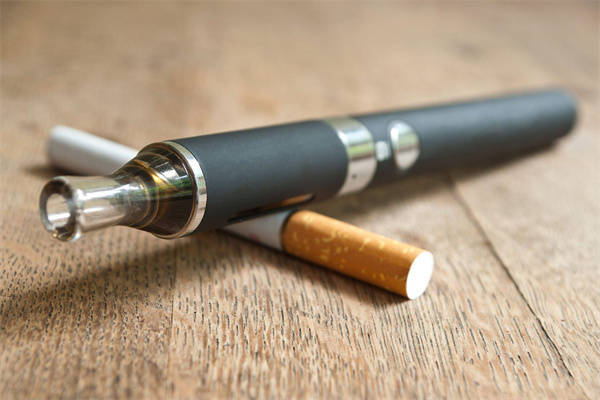
In recent years, the debate over the potential health risks of Juul use has become increasingly heated. While many studies have found that Juul use can be linked to various health problems, including cancer, more research is needed to draw a definitive conclusion. By exploring the research on the topic, this article seeks to answer the question, "Does Juul Cause Cancer?"
The first part of the article examined the potential link between Juul use and cancer. It was found that Juul use is associated with an increased risk of developing certain types of cancer, including lung cancer. It was also found that Juul can expose users to toxic chemicals linked to cancer, such as formaldehyde and diacetyl. The second part of the article looked at the potential for Juul used to cause other health problems, such as respiratory issues and inflammation. This article found that Juul use is associated with an increased risk of developing a range of respiratory issues and is a possible cause of inflammation.
In conclusion, the research on Juul use and cancer has been inconclusive, and more studies are needed to draw a definitive conclusion. However, Juul use is associated with an increased risk of developing certain types of cancer and other health problems, such as respiratory issues and inflammation. As more research is conducted, it is essential to remain mindful of the potential health risks associated with Juul use and ensure that Juul users know the potential harms related to their service.
The findings of this article have important implications for future research. It is necessary to explore further the potential link between Juul use and cancer and the potential for Juul used to cause other health problems, such as respiratory issues and inflammation. It is also essential to explore the potential long-term effects of Juul use and the potential for Juul use to interact with other health conditions, such as asthma or COPD.
Finally, it is essential to remember that Juul's use is not without risk. While Juul may be marketed as a safe alternative to smoking, the research does not support this view. Therefore, Juul users need to be aware of the potential health risks associated with their use. Moreover, Juul users should be encouraged to use Juul responsibly and in moderation.
In conclusion, the research on Juul use and cancer has been inconclusive, and more studies are needed to draw a definitive conclusion. However, Juul use is associated with an increased risk of developing certain types of cancer and other health problems, such as respiratory issues and inflammation. By exploring the research on the topic and remaining mindful of the potential health risks associated with Juul use, individuals can make more informed decisions and ensure that they are taking the necessary steps to protect their health.
Get the complete solution. ↓
| https://www.freetontech.com/the-ultimate-guide-to-electronic-cigarettes/ |


